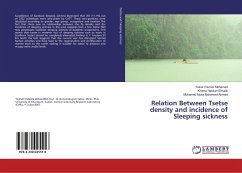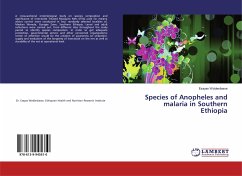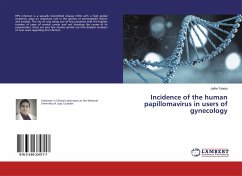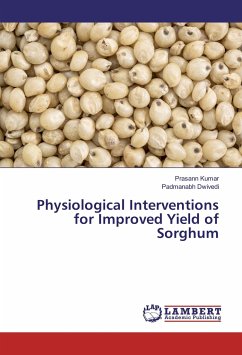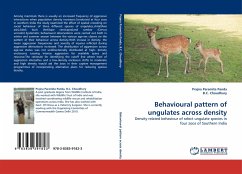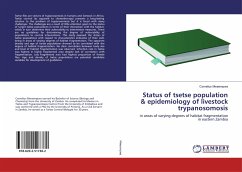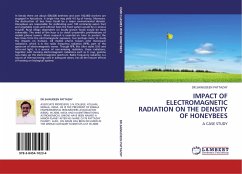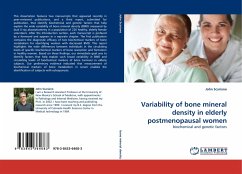Surveillance of Gambian sleeping sickness illustrated that 257 (11.1%) out of 2322 individuals were sero-active by CATT. These sero-positives were tabulated according to gender, age group, occupation and location.The fact that there was no relationship between the fly density and the incidence of sleeping sickness in the area suggests that a few tsetse flies may perpetuate Gambian sleeping sickness at epidemic proportions. This meant that tsetse in endemic foci of sleeping sickness such as exists in Southern Sudan should be completely eliminated.Finding G. f. fuscipes 50 km north the belt suggests that the current war has disrupted normal human activities and have lead to the regeneration and proliferation of riverine bush to the north making it suitable for tsetse to advance and occupy more arable lands.
Bitte wählen Sie Ihr Anliegen aus.
Rechnungen
Retourenschein anfordern
Bestellstatus
Storno

